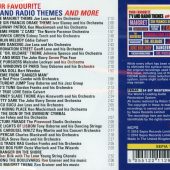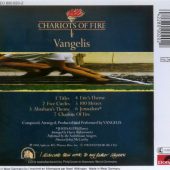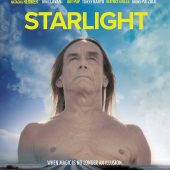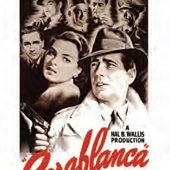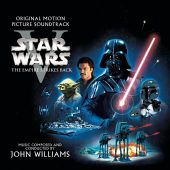Genre: DRAMA / CRIME / MYSTERY
Release Dates: MAY 6, 2005
Trailers:
Quicktime Trailer
(hi-res)
(med-res)
(lo-res)
Official Websites: crashfilm.com
Taglines:
You think you know who you are. You have no idea.
Live your life at the point of impact.
Moving at the speed of life, we are bound to collide with each other.
Production Company: Bull’s Eye Entertainment / Paul Haggis Productions / Stratus Films
Synopsis
A Brentwood housewife and her DA husband. A Persian store owner. Two police detectives who are also lovers. A black television director and his wife. A Mexican locksmith. Two car-jackers. A rookie cop. A middle-aged Korean couple…
They all live in Los Angeles. And in the next 36 hours, they will all collide…
Crew: Paul Haggis (director and writer); Robert Moresco (screenplay); Don Cheadle, Paul Haggis, Mark R. Harris, Robert Moresco, Cathy Schulman and Bob Yari (producers); Sven Clement, Marina Grasic, Jan Korbelin, Tom Nunan and Andrew Reimer (executive producers); Sarah Finn (co-producer); Randi Hiller, Dana Maksimovich and Jorg Westerkamp (associate producers)
Cast: Sandra Bullock as Jean, Don Cheadle as Graham, Matt Dillon as Officer Ryan, Jennifer Esposito as Ria, William Fichtner as Flanagan, Brendan Fraser as Rick, Terrence Dashon Howard as Cameron, Ludacris as Anthony, Thandie Newton as Christine, Ryan Phillippe as Officer Hanson, Larenz Tate as Peter, Tony Danza as Fred, Keith David as Lt. Dixon, Shaun Toub as Farhad and Loretta Devine as Shaniqua
Studio: Lions Gate Films
Other Info:
Film Fetish trivia:
Heath Ledger was originally in talks to join the cast. He was to play the role of Hansen, which eventually to Ryan Phillippe.
PRODUCTION NOTES FROM LIONS GATE FILMS
For writer/director Paul Haggis, the screenplay for CRASH sprang from a complex web of personal experiences, fears and observations. Haggis was carjacked at gunpoint coming out of a video store in Los Angeles. He went home, changed all the locks in his house…and then started to wonder about the men who stole his car – how long they’d been friends; what they did for fun; whether or not they considered themselves criminals; how they justified their actions. Years later, he decided to write about it – only from their perspective.
"By then I’d lived in LA for twenty-five years and had been witness to our own subtle brand of race and class warfare,” says Haggis. "I’d seen the many ways we discriminate against each other in everyday life. I’d seen how we rationalize and excuse it, how we organize our lives so that we don’t have to deal with it, and how we deny that racial problems exist. But it wasn’t until after 9/11 that I understood how to write this piece. Because the movie isn’t really about race or class – it’s about fear of strangers. It’s about intolerance and compassion; about how we all hate to be judged but see no contradiction in judging others.”
"I think that on some level everybody in America is touched by the question of race and racism," says Robert Moresco, who co-wrote the screenplay with Haggis. "There’s nobody who has escaped it that I know of."
Adds Haggis, "We live in a society of fear, where people like our President use that fear in order to control us, and the media uses that fear to manipulate us. I wanted to discuss that and how that fear resonates and distorts how we perceive the world around us."
"It is a film that escapes genre categorization because it escapes tonal categorization," says CRASH producer Cathy Schulman. "This is a film about real life. It’s also something of a fable and a morality play. And it’s a story of hope. There’s levity, heartbreak, tragedy, beauty, comedy."
Co-star Sandra Bullock, who portrays Jean Cabot, the lonely and suspicious wife of the ambitious District Attorney played by Brendan Fraser, believes the film reminds us of how insulated modern life can be. "Our reality is so detached that I think it requires a catastrophic event to make us either feel or acknowledge what’s actually going on," she says. "We are too comfortable, way too comfortable."
According to co-star Jennifer Esposito, who plays Los Angeles Police detective Ria, the power of CRASH lies in its ability to elicit chuckles at one moment and squirms the next. "This script is one of the most human things I’ve read,” says the actress. "I believe everyone will have an opinion about this movie. Whether they love it, or they hate it, they will have an opinion. It will bring up conversation. It will entertain. It’ll make people mad."
As Haggis notes, the truth often hurts. "This isn’t a film about someone else – about those bad people on the other side of the hill. This is a film about good people – people you know; people like us – people who think they know who they are. Then they are tested and realize that they have no idea. None of the characters escape unscathed.”
"Everybody gets their due," says actor Larenz Tate, who portrays car-jacker Peter. "From the black community to the white community to the Asian to the Latino to everyone you can think up under the sun, everyone gets their just due, equally."
The story Haggis outlined, and the screenplay he and Moresco subsequently wrote, involves a tapestry of strangers whose lives collide during the days before Christmas in modern-day Los Angeles. "I wanted to play with stereotypes, with the assumptions we make about strangers,” says Haggis.
"It’s a little bit of a morality tale and a cautionary tale," said co-star Ryan Phillippe, whose police officer character Tom Hansen takes a wrong turn he can never make right. "You see how fragile humanity is in general and how the slightest choice you make, which may not seem that important at the time, can end up having huge ramifications, a ripple effect way beyond yourself."
For Haggis, the route circled right back home. "I hate the fact that as Americans, we just love to define people. We love to say, ‘Good person. Bad person,'” he says. "In this film at least, I didn’t want us to be judging others. I wanted us to judge ourselves."
"If you leave this film and don’t see a piece of yourself, you’re a liar, an absolute liar," insists Bullock. "It may not be your time to see it yet if you don’t see a piece of yourself and just acknowledge it."
Recognizing any film about race would be an uphill battle to get financed, Haggis and Moresco decided not to censor themselves. "We thought, ‘Let’s just write this and the hell with everyone since nobody’s ever going to make this,'” Moresco explains. "Many people gave us good suggestions, and we just kept digging at the truth."
Los Angeles became the pivotal character in the story, as multi-ethnic as New York, Chicago or other major cities, but markedly different when it comes to how those groups move and live.
"In New York, we are forced to live with one another by the nature of the city itself and the demographics," says Moresco. "In Los Angeles, you get in your car, drive to work, drive home. You don’t have to spend time with anyone else for the most part, except yourself."
"CRASH is L.A. because CRASH is cars," says Schulman. "We protect ourselves in our cars. It’s highly simplistic, but surprisingly true."
As Cheadle notes: "Los Angeles is one of the first places where whites will become a minority very soon, so I think it has its own unique sort of makeup.”
Contrary to what Haggis and Moresco expected, the dark, fractured portrait that emerged did not turn off executives and actors. In fact, the response to their screenplay was overwhelmingly positive.
For producer Mark Harris, CRASH quickly became a labor of love. "We knew it wouldn’t be easy, but the script was just brilliant," says Harris. "It’s something that’s different, well written. And I think people would like to see something they haven’t seen before."
Harris sent the completed script to Bob Yari at Bull’s Eye in late 2002. CRASH was produced by Bull’s Eye, the production partnership between Bob Yari, Cathy Schulman and Tom Nunan, who were joined by Harris, Haggis, Moresco and Cheadle as producers. By January, the strong screenplay was attracting notice and casting quickly began.
As the filmmakers knew, the way in which small independent films generally find financing is by looking to the stars. At the top of their actor wish list sat Don Cheadle. Over the last decade, the Golden Globe-winning actor has become one of the industry’s most acclaimed and busy talents.
"Don was the first person we approached and the first person who said yes," Haggis says. "He said, ‘Well, I love the script and I’ll do any role. Just pick a part, I’ll do it. I just want to be a part of this.’ We were thrilled."
"The script felt like real people saying real things in real situations,” says Cheadle. "That was the attraction for me. This isn’t a polemic and this isn’t some sort of investigation of race. It’s not. We’re not trying to wrap anything up in a bow or give any lessons.”
Cheadle’s excitement over the screenplay and characters led to him signing on as one of the film’s producers as well, using his experience and relationships to get the film cast and made. "Because of Don’s involvement, we had actors on every level reading a script without an offer, just to see if they were interested,” says Moresco. "That just doesn’t happen in Hollywood and that wouldn’t have happened without Don.”
"When I read the script I was in New York and I was absolutely blown away by it, absolutely blown away," says Bullock. "And by the time I finished reading it, I put in a call and I was like, ‘I don’t care what part I play, I just would love to be a part of this film.’ It’s rare when you read something that inspires you to leave your home and rectify the situation. I got lucky to be a part of it."
Says Schulman, "I think if you bring the cast something that they can be proud of, something that forces them to flex the muscles of their craft, and when you’re honest from the very beginning that there aren’t a lot of bells and whistles, they really collaborate."
Tate agrees, saying he feels especially lucky to have known about CRASH before the film was made. "It’s the kind of film that once you see it or you read [about] it or it comes out, you say, ‘Aargh! I wish I could have been in that film!’" Tate says. "These characters are so rich and honest, it’s just uncut. There’s no filter…"
For rapper-turned actor Chris "Ludacris" Bridges, sharing the screen with such an accomplished ensemble cast was not as daunting as it was exciting. "I was the freshman of the group," says Bridges, who plays the car-jacker Anthony. "So, basically I am soaking it all in. I just try to absorb everything that’s going on and learn from these talented actors and actresses that are out here doing their thing on this movie."
"I was really impressed with Chris," says Haggis. Producer Schulman calls Bridges "a superstar and the great, great discovery of this movie. He’s been a pleasure and I think the camera loves him. He has worked his butt off to do this role and might really surprise some of his fans."
Aside from first-timer Bridges, Haggis wanted to take other risks in casting, believing that actors playing against type would further underscore the emotional impact of the words they say. "These actors are playing characters you haven’t seen them do before. It’s wonderful to watch."
Schulman adds, "I expected that they would have fears of having to do such negative, morally reprehensible things, and the truth is they embraced it with the same professionalism and skill and talent that they approach easier and friendlier roles. They committed entirely and never for a moment brought the person, the star, into the equation.”
For Bullock, the car-jacking that happens to Jean Cabot awakens her character to the emptiness of her "safe" life. "She’s an example of someone who has really built her life around things that are incredibly trivial and empty," she says. Bullock is "really excited" about her character, but acknowledges the challenge of portraying an individual contrary to her own upbringing and inclinations. "If it takes my face and my voice to spew that anger out and to make people listen to it, I’m glad," she says. "I think her [character’s] opinion is ever-present and it’s really a wolf in sheep’s clothing.”
Bullock loved the "strength and legitimacy" Fraser lends to the film, wishing their few days of filming could have stretched out a little longer. "He’s so talented," she says. "Every time you see him in something, he looks like somebody completely different and is someone completely different."
Fraser spent time with Steve Cooley, the district attorney of Los Angeles, to prepare for his role. "I have an immense amount of respect for him having done the research," Fraser says. In CRASH, Fraser says his district attorney character finds himself faced with "a moral conundrum. Rick’s essentially a good man, but he’s a human being. He’s fallible as we all are and therefore an interesting character to play.”
Cheadle’s police detective, Officer Graham Waters, is the only character who touches most of the lives in the story. However, unlike most traditionally structured films, the story does not unfold from his character’s point-of-view.
For Cheadle, his character’s relentless pursuit of truth on the job has meant an overload of pain and suffering. "He’s seen too much on the job, he’s seen too much in his family," Cheadle says. "He’s sort of divorced himself, either by circumstances in his life or by his own doing, from those real, emotional human beats that drive us."
Haggis found filming Cheadle an example of the power of silence. "You don’t have to give Don dialogue at all," says Haggis. "In fact, I kept pulling it away from him because he can place so much in silences, in looks. He’s a brilliant actor." Adds Esposito, "He’s still in his choices, but the emotions resonate so high from the stillness. He’s so good at it. I’m learning a lot from him."
Haggis had written the part of Christine with Thandie Newton in mind. "Flattered and proud" someone would write a part for her, she was bowled over when she read the script. "All you have to do is just open the script to any page and read what Paul’s written and it’s inspiring," Newton says. "Ultimately, the script is saying that a person, a stranger can affect you and change your life. We’re all doing that to each other all the time, so it’s like: ‘Take care.'”
Of her and co-star Terrence Howard’s characters, Newton says, "I think Cameron and Christine are constantly asking themselves whether they’re for real, whether they’re just playing roles. That’s the tragedy — the feeling they are not entitled to their wealth or class as black people in American society." Haggis says the scenes "with Thandie and Terence just rip my heart out; it feels like someone’s reaching down your throat and pulling out your lungs."
"I have four scenes in the film, and what happens in those scenes and what they force me to consider hasn’t been easy," says Newton. "I think I felt more exposed and more vulnerable in this film than in just about any other film."
Matt Dillon also found his character a challenge to portray. "For me, it was very difficult to play a character who is this extreme,” Dillon says. "I found it kind of disturbing to do the scenes where he’s a cop who is abusive and very angry.”
Like all the characters in CRASH however, there are two sides to Dillon’s troubled Officer Ryan. "I don’t think he’s a bad person. He really loves his father," says Dillon. "He can also be very devoted, as we see, and he’s very confident with his duties as a police officer, but he also abuses them. He just doesn’t really deal with his feelings very well."
On the other hand, Phillippe’s Officer Hansen represents the type of police officer most would want patrolling their neighborhood, "the guy who wants to do the right thing," Phillippe says. However, by the end of the film, Officer Hansen finds himself pushed to the edge. "Every character in this film is sort of on the verge of a nervous breakdown, you know. And I think that is what keeps the story tense and everything moving."
The biggest challenge facing the production was how to accomplish the sprawling shoot on a tight thirty-five day schedule without compromising process or quality. "I like specifics, I don’t like generalities," says Haggis. "I like a specific moment and hate sweeping through a scene. Having the time to get that specific with the actors and the details of the production design and lighting – it’s a real challenge."
Key to the swift, satisfying shoot was the spirit of the cast and crew. "We’re a little smaller, so we have to work a little harder," says Cheadle. "But the thing that makes it work better, I think, is that everybody’s here for the love of the game. They’re not here for the pay day.”
As writer-director, Haggis knew exactly what he wanted from the actors, which translated to faster work on set. "Paul wants to rehearse it down to the ‘T’. He wants to make sure everything is perfect," says Bridges. "He’s a perfectionist and I’m the same way, so I can understand and deal with it. He wastes no time and makes sure everything is straight and to the point."
For the filmmaking team who dove into the challenge of making CRASH, few see it as just another project on their resumˇs. The film dares to reveal the harder truths about individuals and society, and in so doing becomes a unique, compelling experience. "It just throws it out as it is, and it allows the unspoken to be spoken," says Schulman.
Ultimately, the film reveals more about people than they care to know – much less show. But for those who are willing to embrace its complexity, CRASH is a necessary wake-up call. "This story shows me that I’m a block away from falling apart. Just a block away," says Howard. "If you’re honest, that’s how it is for a lot of us. Just a block away from crashing."

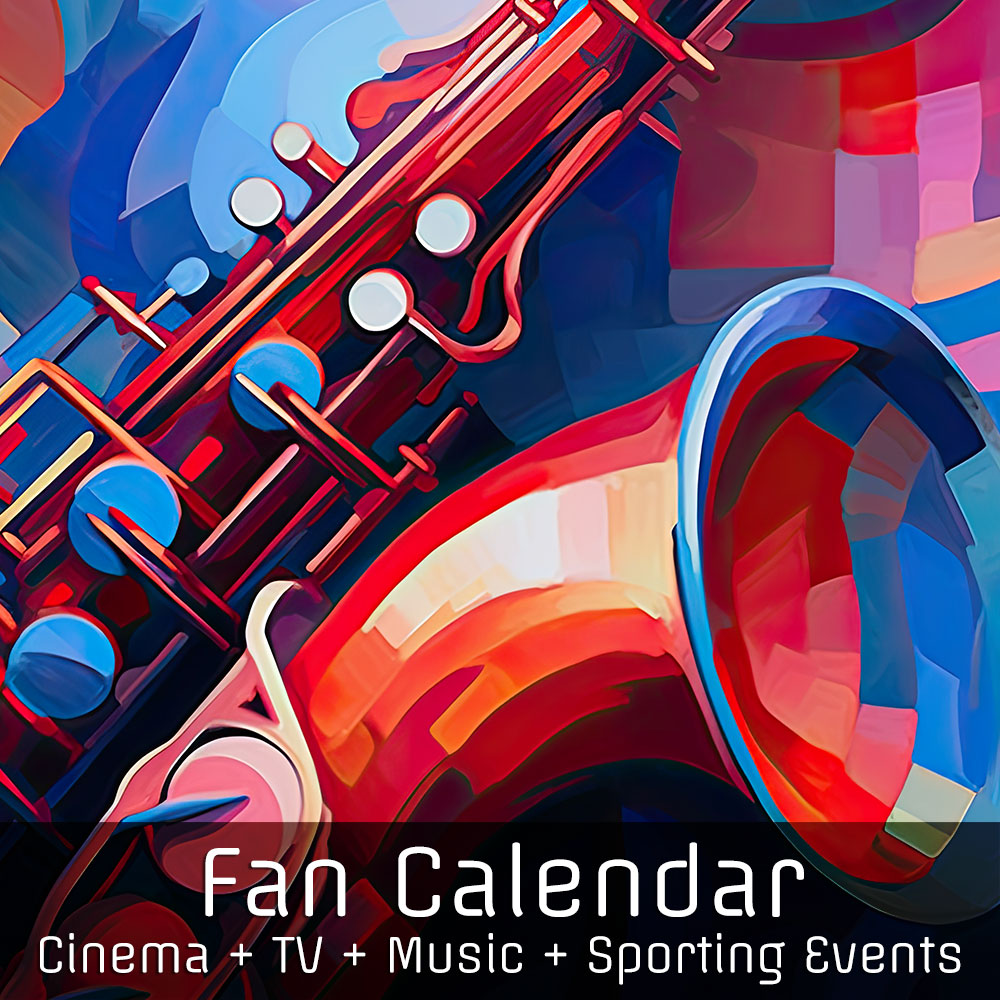

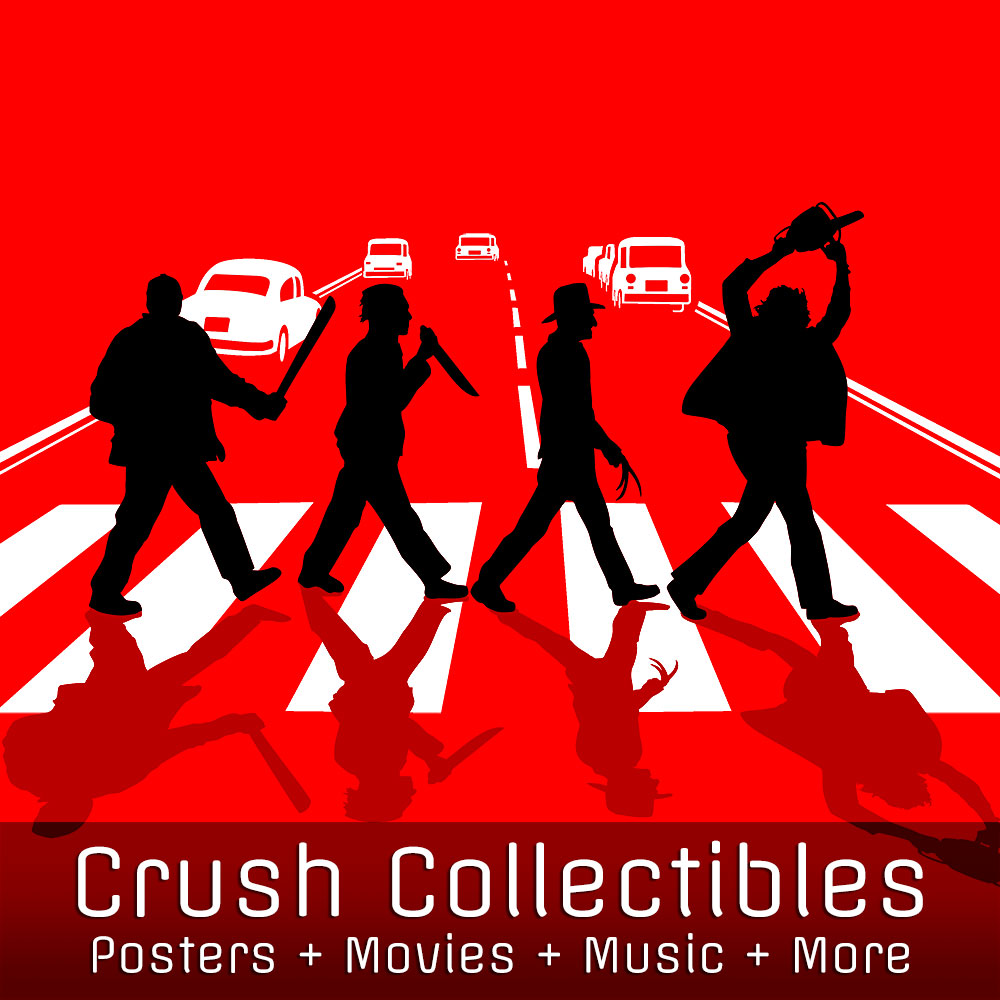


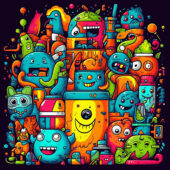
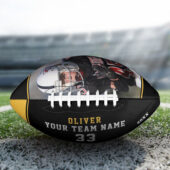

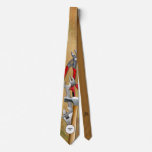
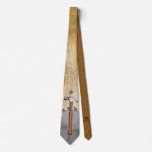
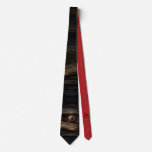
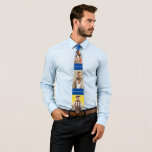


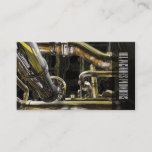

![Catherine Bach Publicity Photo (1985) Wearing Daisy Dukes [210906-17]](https://www.filmfetish.com/img/p/2021/11/210906-0017-catherine-bach-85x11-web-170x170.jpg)
![Times Theatre (1940s) Times Square New York City Poster Photo Print [221230-9]](https://www.filmfetish.com/img/p/2023/08/221230-9-times-theatre-19x13-web-170x170.jpg)
![Vintage Downtown Las Vegas Strip (1965) Photo Print [210907-0035]](https://www.filmfetish.com/img/p/2021/11/210907-0035-las-vegas-11x85-web-170x170.jpg)
![Unwavering Flag Abandoned Bethlehem Steel Mill Photo [221205-6]](https://www.filmfetish.com/img/p/2022/12/221205-6-warehouse-american-flag-85x11-web-170x170.jpg)









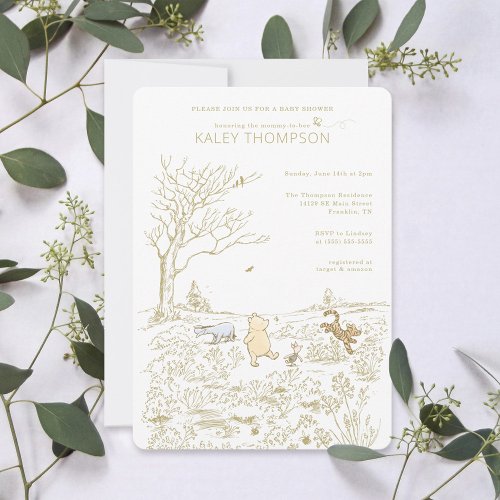


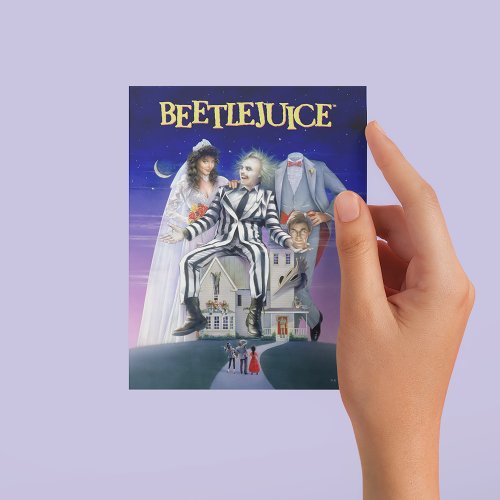
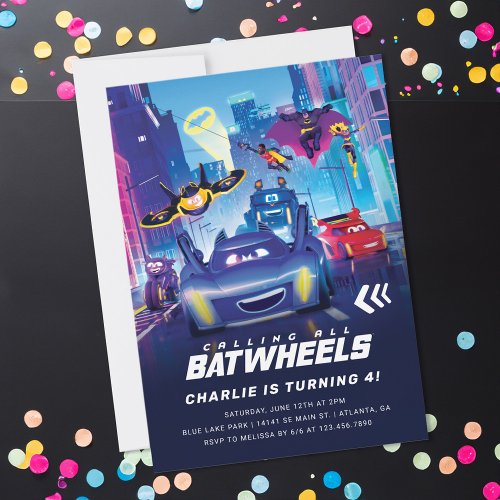


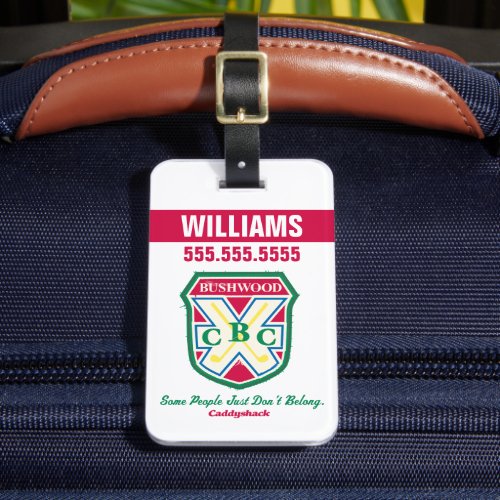
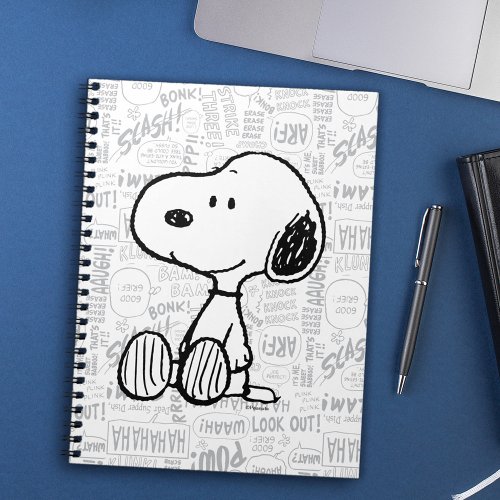
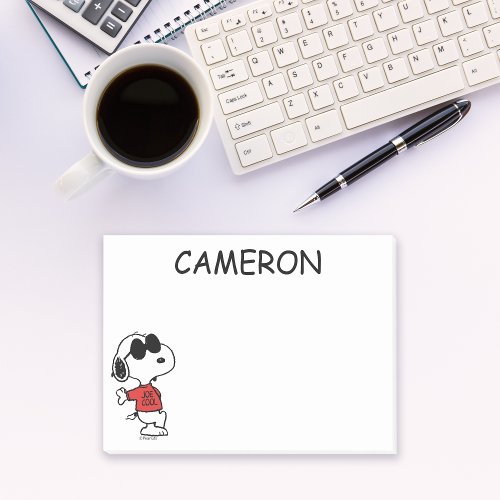
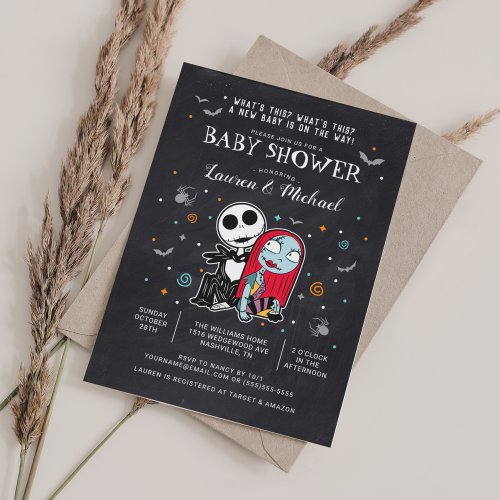
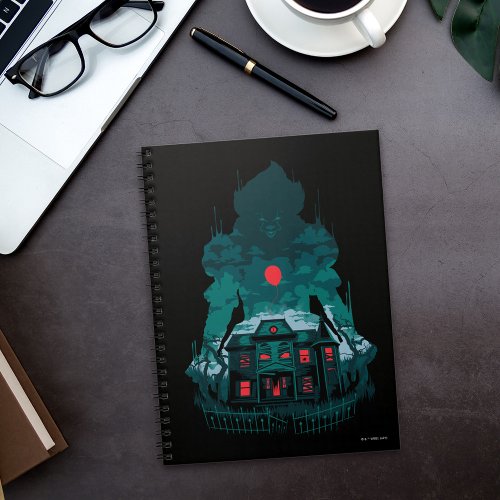

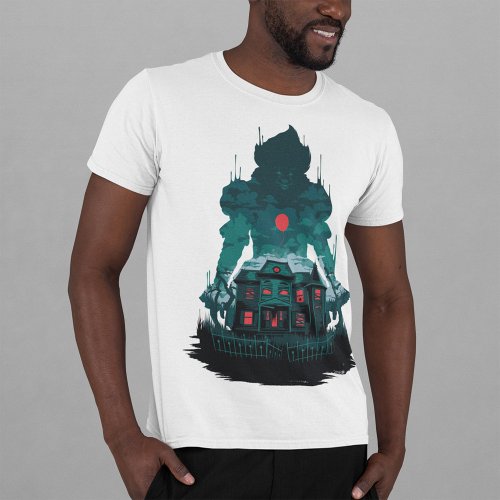

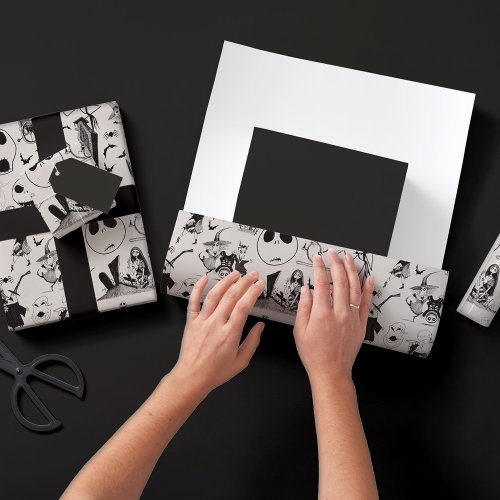

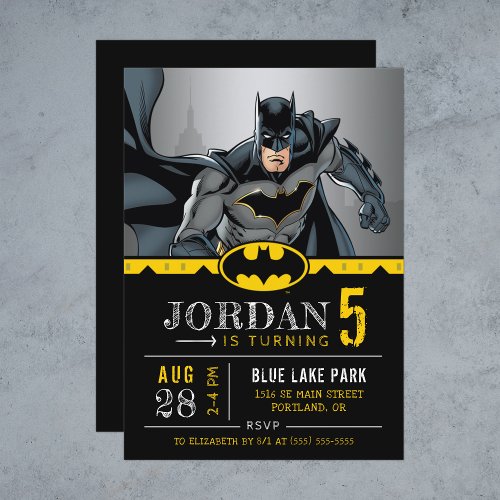

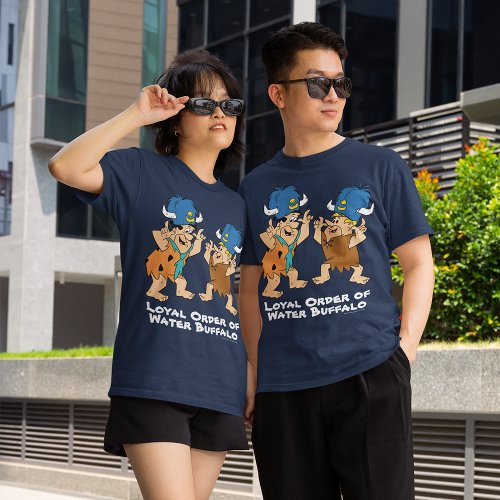
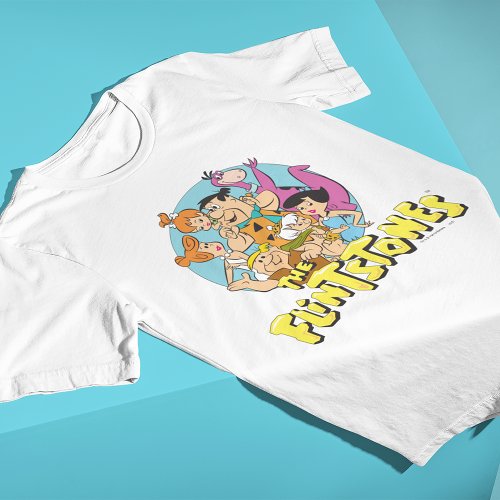
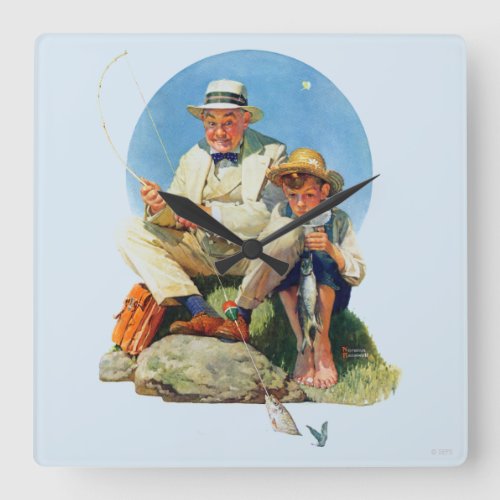
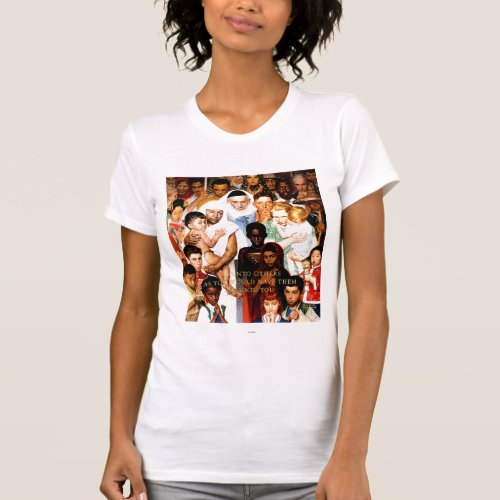
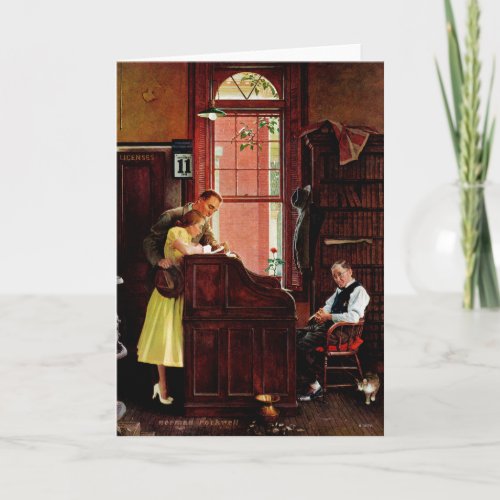


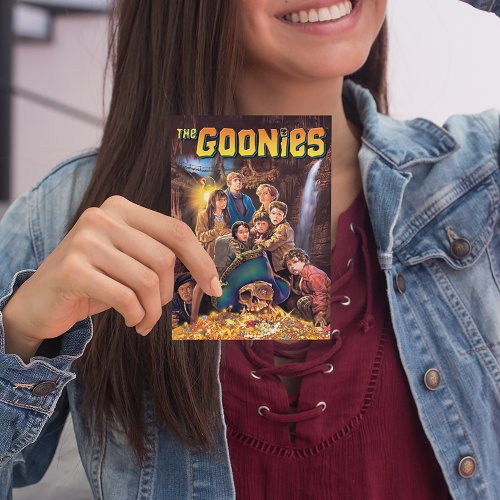
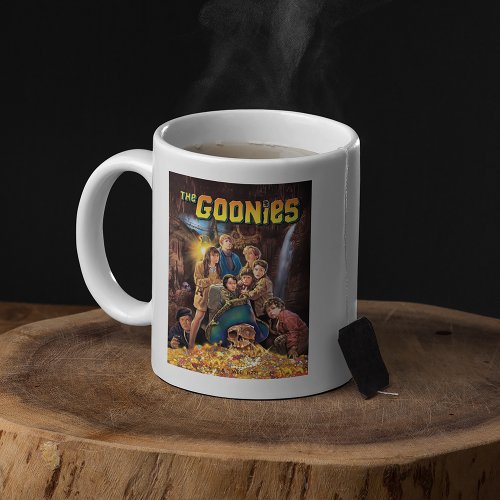
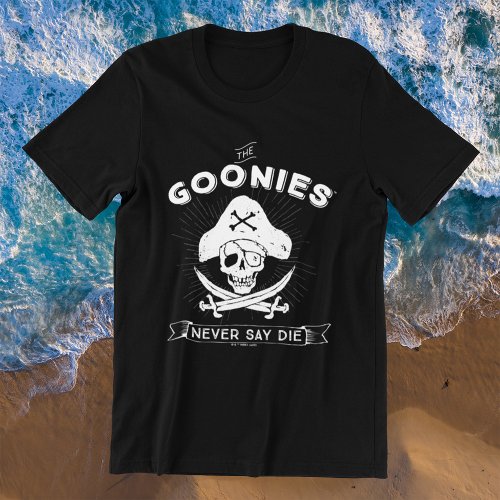
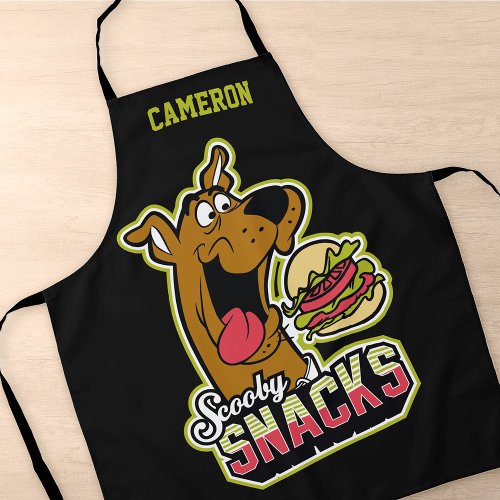
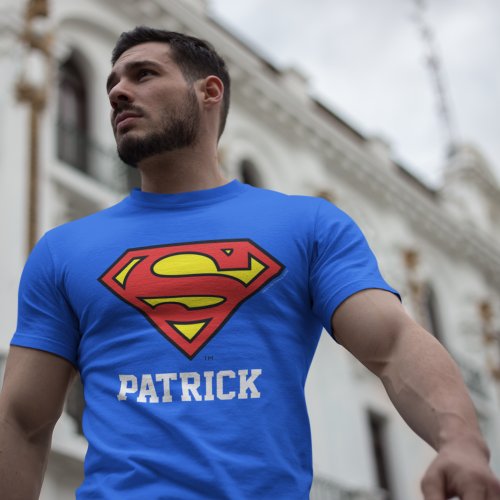
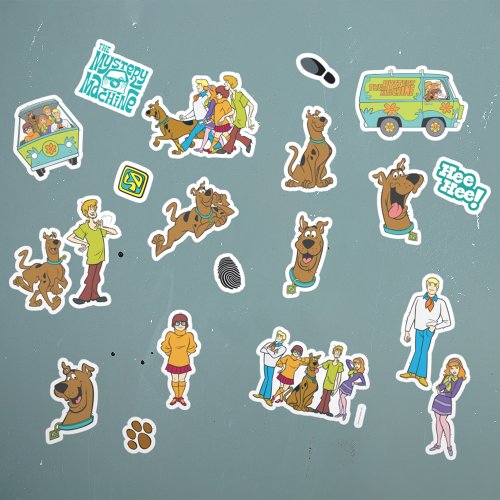

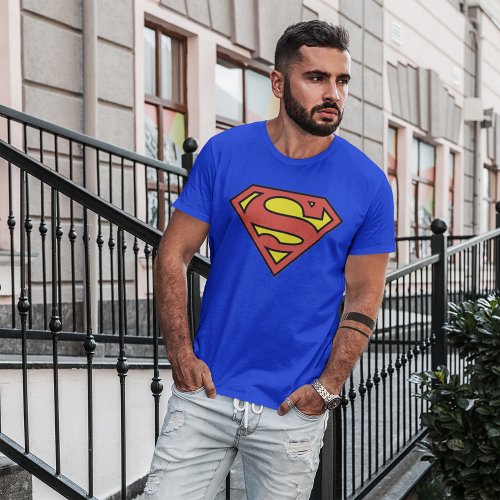
![The Cassandra Crossing 27×41 inch Original Movie Poster (1976) [9370]](https://www.filmfetish.com/img/p/2019/11/the-cassandra-crossing-9370-01-170x170.jpg)
![James Caan in The Gambler (1974) Publicity Press Photo [F63]](https://www.filmfetish.com/img/p/2021/04/james-caan-photo-f63-01-170x170.jpg)
![Our Army at War Sgt. Rock’s Easy Co. (No. 162, Jan 1966) Joe Kubert [9060]](https://www.filmfetish.com/img/p/2019/10/our-army-at-war-9060-01-170x170.jpg)
